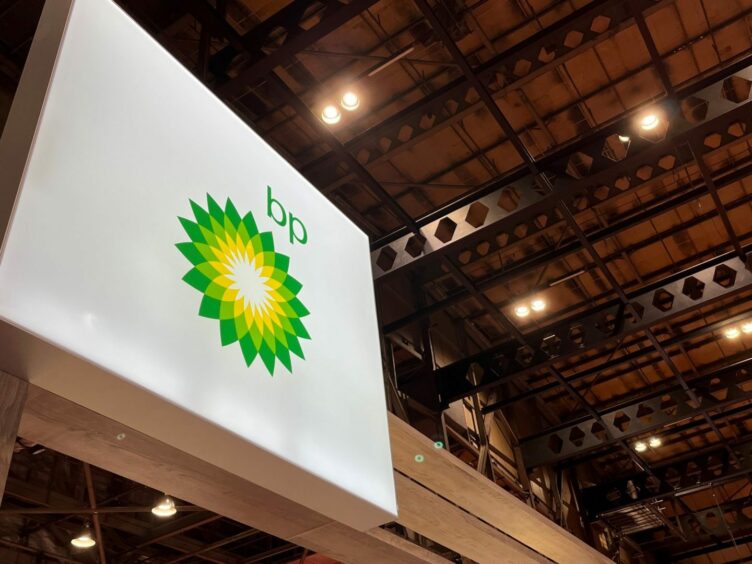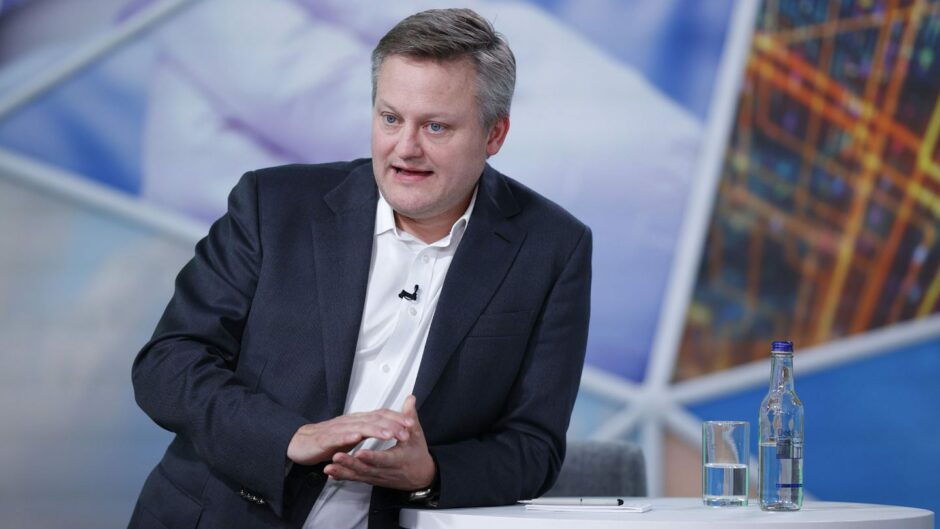
Energy giant BP (LON: BP) has unveiled its third quarter results, reporting underlying replacement costs profits of $3.29 billion (£2.7bn).
Those net profits are down significantly from the same quarter of 2022, which stood at $8.15bn (£6.71bn), but were higher than the second quarter result this year of $2.58bn (£2.1bn).
BP said the results reflect “lower realizations, a higher depreciation, depletion and amortization charge, and a weak gas marketing and trading result in the third quarter”.
The oil giant reported third quarter revenues of just over $54bn (£44bn), a slight decrease on the 2022 figure of nearly $58bn (£47.7bn).
For the third quarter, BP announced a dividend per ordinary share of 7.270 cents and said the company intends to execute a further $1.5 billion share buyback prior to reporting fourth quarter results.
Reported production for gas and low-carbon energy averaged 946,000 barrels of oil equivalent per day (boepd), while liquids output rose 5% on last quarter to 1.38 million boepd.
BP’s European rivals posted their results last week, with TotalEnergies, and Equinor coming in slightly ahead of expectations.
In contrast, US supermajors Exxon and Chevron missed earnings estimates.
‘Solid quarter’ for BP
BP interim chief executive Murray Auchincloss said: “This has been a solid quarter supported by strong underlying operational performance demonstrating our continued focus on delivery.
“Momentum continues to build across our businesses, with recent start-ups including Tangguh Expansion, bpx energy’s ‘Bingo’ central processing facility and Archaea Energy’s first modular biogas plant in Indiana.
Outlining significant developments from the third quarter, BP pointed to receiving regulatory approval for the Murlach oil and gas development in the North Sea in September.
Elsewhere in the North Sea the company and its partners in the Clair field made a final investment decision to proceed with the construction and operation of the Shetland Crossover Pipeline.
Mooted last year, the 0.8 mile long connection will link the Shetland facility with the SIRGE pipeline, which effectively connects the Shetland Gas Plant (SGP) and the St Fergus gas terminal, Aberdeenshire.
“As we laid out at our investor update in Denver, we remain committed to executing our strategy, expect to grow earnings through this decade, and on track to deliver strong returns for our shareholders.”
Mr Auchincloss became interim CEO of BP following the resignation of Bernard Looney in September.
BP interim chief financial officer Kate Thomson said: “BP delivered robust operating cash flow in the quarter as we continue to execute against our unchanged financial frame.
“Net debt reduced by $1.3 billion to $22.3 billion; we are investing with discipline; and we are delivering on our commitment to shareholder distributions, announcing a further $1.5 billion share buyback programme.”
US wind pains
BP said it had made continued progress in its “transformation to an integrated energy company”.
The group reported that its renewables pipeline had increased by 6.7GW during the nine months due to the company being awarded the rights to develop two North Sea offshore wind projects in Germany (4GW).
In total, the company’s renewables pipeline now stands at 43.9GW.
However it also booked a $540m pre-tax impairment in relation to its US offshore wind projects, blaming “inflationary pressures and permitting delays”.
It plans to develop 3.3GW of offshore wind capacity off New York at the Beacon and Empire wind schemes, under a a 50-50 partnership with Equinor. However the New York Public Service Commission has rejected requests by developers for price increases to the tariffs paid for electricity.
Equinor recognised a similar $300m impairment in its results last week. The two companies said there are assessing the impact of the decision on these projects and future development plans.
Recommended for you


 © Supplied by BP
© Supplied by BP